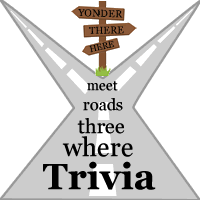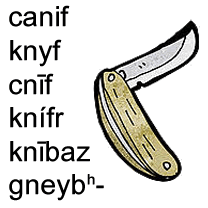If you said that something was “a different kettle of fish” or “another kettle of fish”, you would mean that it’s something else altogether, and very different to what you have been discussing. At least in the UK.
This expression dates from the late 19th century, and is/was most common in Scotland and northern England. Before then, fish kettles featured in the phrase “a pretty kettle of fish”, which means “a muddle or awkward state of affairs”.
A fish kettle (see below) is type of long saucepan used since the 17th century to poach fish, especially large fish like salmon.
Appartently in the USA you might say that it’s “quite another story”, “a whole different story”, “a different ball game” or “a horse of a different color. Are there others?
Equivalents of these idioms in French include “c’est une autre paire de manches” (it’s another pair of sleeves”) and “c’est une toute autre histoire” (it’s a whole other story). Do you know of others in French or other languages?
Sources: Reverso, The Phrase Finder








